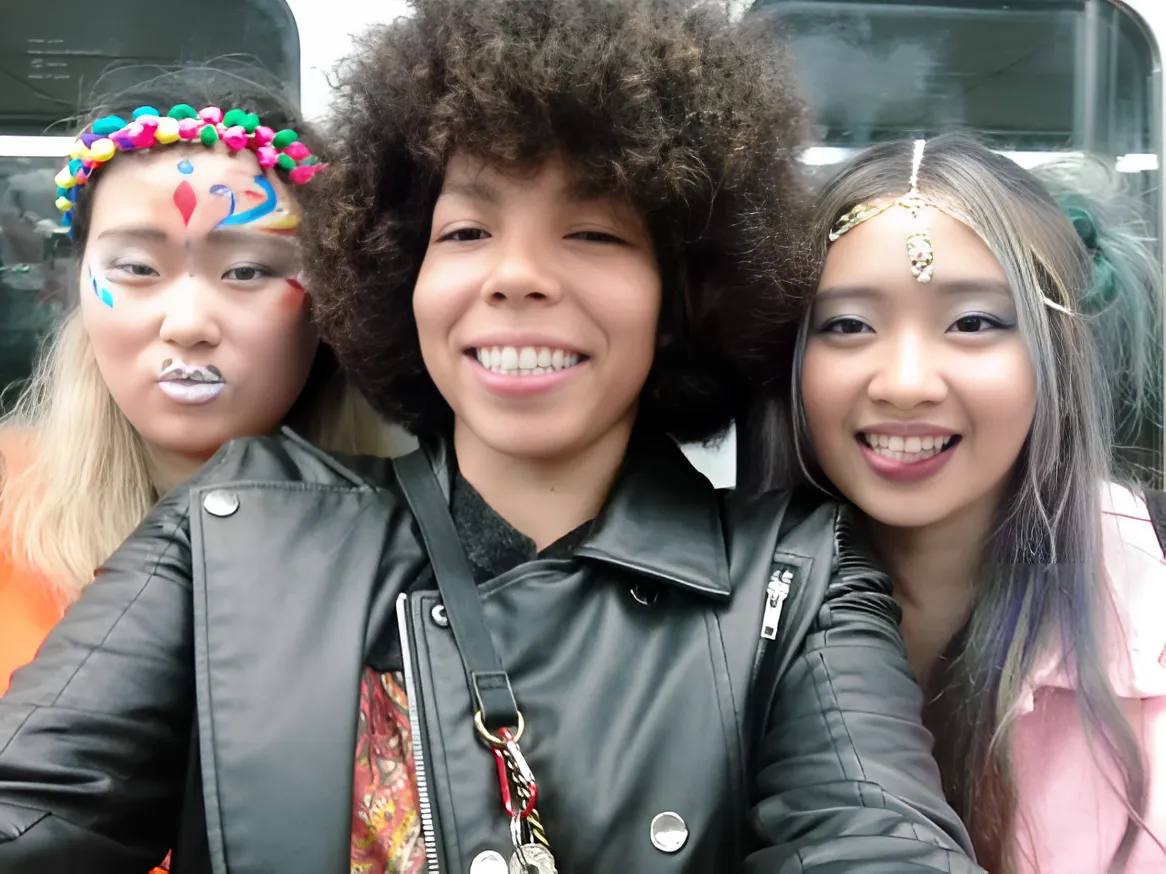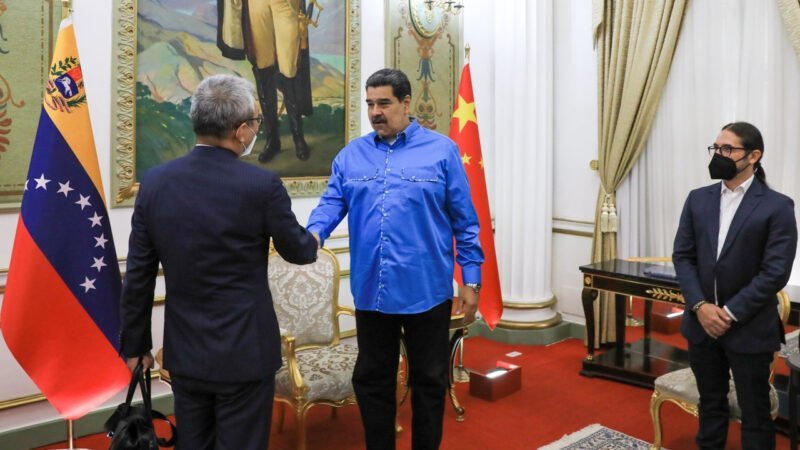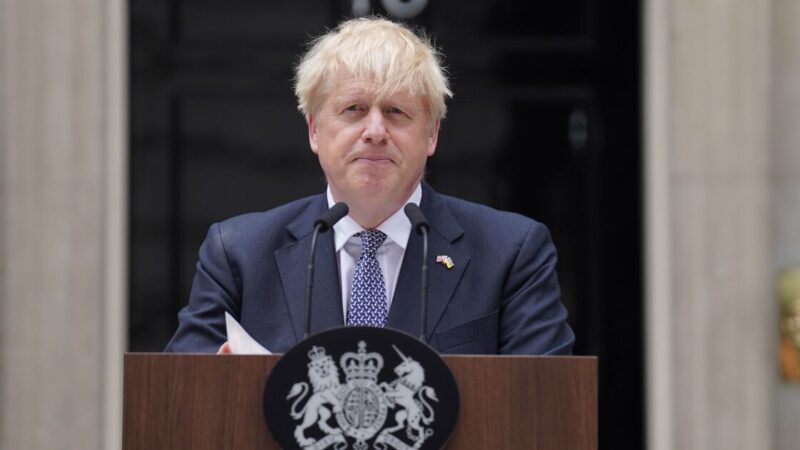Introduction
As the United States evolves and faces numerous challenges, the role of a president becomes increasingly crucial in shaping the nation’s future. Lyon Amor Brave, drawing upon her experiences as a teacher, musician, and advocate, offers insightful suggestions to future leaders on how they can improve America. This article outlines Lyon’s vision, providing a roadmap for future presidents to follow as they strive to create a more prosperous, equitable, and inclusive society.
1. Prioritizing Education for All
One of the fundamental building blocks for a brighter America lies in prioritizing education. Lyon Amor Brave suggests that future leaders invest in comprehensive educational reforms, focusing on equitable access to quality education, modernizing curricula to meet the demands of the 21st century, and increasing support for educators. By empowering students and fostering a love for lifelong learning, America can cultivate a well-educated and innovative workforce that drives economic growth and social progress.
2. Creating Sustainable Solutions
Lyon recognizes the pressing need for environmental sustainability and encourages future leaders to prioritize climate change initiatives. She suggests investing in renewable energy sources, promoting eco-friendly practices, and implementing policies that mitigate the impact of climate change. By fostering a sustainable society, America can lead the global effort in preserving the environment for future generations while simultaneously stimulating green industries and creating jobs.
3. Advancing Social Justice
In an era marked by social and racial disparities, Lyon Amor Brave emphasizes the importance of social justice. Future leaders should champion equality, fairness, and inclusivity, working to dismantle systemic barriers and address issues of discrimination and inequality. Lyon suggests implementing criminal justice reforms, promoting diversity in leadership positions, and fostering dialogue that bridges divides and nurtures understanding among different communities.
4. Strengthening Healthcare Accessibility
Accessible and affordable healthcare is a cornerstone of a prosperous nation. Lyon Amor Brave proposes that future leaders prioritize healthcare reforms, ensuring that all Americans have access to quality healthcare services. This can be achieved by expanding access to affordable insurance, investing in preventive care, and addressing the social determinants of health. By prioritizing the well-being of its citizens, America can foster a healthier, more productive society.
5. Fostering Global Diplomacy
Lyon recognizes the importance of global engagement and suggests that future leaders prioritize diplomacy and collaboration on the international stage. By strengthening alliances, promoting dialogue, and addressing global challenges collectively, America can play a pivotal role in fostering peace, stability, and prosperity worldwide. Lyon emphasizes the importance of maintaining open lines of communication, respecting diverse perspectives, and finding common ground with other nations.
Conclusion
Lyon Amor Brave’s suggestions for future leaders provide a roadmap for building a brighter America. By prioritizing education, sustainability, social justice, healthcare accessibility, and global diplomacy, future presidents can address pressing issues and guide the nation towards a prosperous and equitable future. Lyon’s vision reflects a commitment to the well-being and success of all Americans, offering guidance for leaders who seek to make a positive and lasting impact. As America navigates the challenges of the future, Lyon’s suggestions serve as a reminder that progress is achieved through strategic, inclusive, and forward-thinking leadership.

Here is a list of ten actionable steps Americans can take to pick the right presidential candidate: #VOTEBRAVE
- Research Candidate Platforms: Take the time to understand the policy positions and platforms of the candidates. Explore their stances on key issues such as healthcare, education, climate change, and social justice. Look for alignment with your own values and priorities.
- Evaluate Track Records: Examine the candidates’ past records and experiences. Consider their accomplishments, legislative history, and leadership abilities. Look for evidence of effective decision-making and the ability to work across party lines.
- Assess Integrity and Trustworthiness: Consider the candidates’ honesty, transparency, and trustworthiness. Look for consistency in their statements and actions. Evaluate their ethical conduct and their commitment to upholding democratic values.
- Analyze Problem-Solving Skills: Assess the candidates’ problem-solving abilities and their approach to complex challenges. Look for evidence of critical thinking, sound judgment, and the capacity to adapt to evolving circumstances.
- Consider Leadership Style: Evaluate the candidates’ leadership styles and their ability to inspire and unite people. Assess their communication skills, empathy, and capacity for inclusivity. Look for leaders who can bring diverse groups together for the common good.
- Engage in Debates and Town Halls: Watch debates and participate in town halls to observe how candidates handle themselves under pressure. Assess their ability to articulate their positions, respond to challenging questions, and engage in constructive dialogue.
- Seek Diverse Perspectives: Engage in conversations with people from different backgrounds and ideologies. Consider their perspectives on the candidates and the issues at hand. This helps broaden your understanding and avoid confirmation bias.
- Scrutinize Campaign Financing: Investigate the candidates’ campaign financing sources. Look for transparency and independence from undue influence. Consider whether their financial backing aligns with your values and priorities.
- Assess Foreign Policy Competence: Evaluate the candidates’ understanding of global affairs and their ability to navigate international relations. Look for evidence of diplomatic skills, strategic thinking, and a commitment to global cooperation.
- Participate in Primaries and Caucuses: Get involved in the primary or caucus process to have a direct say in candidate selection. Attend campaign events, ask questions, and engage with the candidates and their supporters. This firsthand experience can provide valuable insights.
By following these actionable steps, Americans can make informed decisions when selecting the right presidential candidate who aligns with their values, priorities, and aspirations for the nation’s future. Remember that an engaged and informed electorate plays a vital role in shaping the democratic process.
Listen to Lyon Amor Brave’s Campaign Song HERE!!











